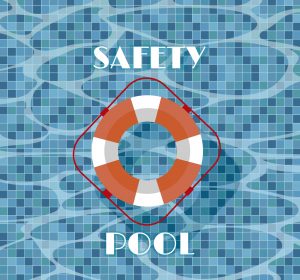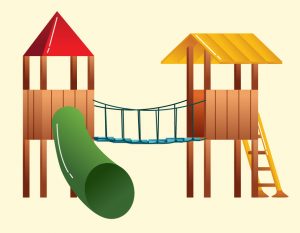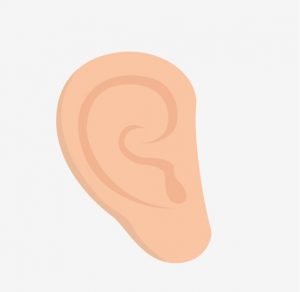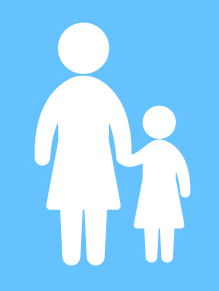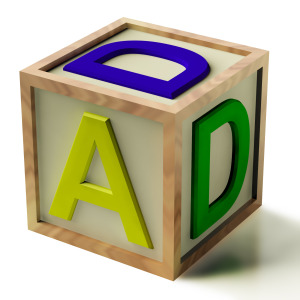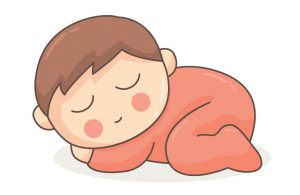 One would think that the safest place for a child to be at a day care center is in a crib or sleeping area. In actuality, the crib or sleeping area in a day care center could be quite a dangerous place for a child. In fact, some children even die while being supervised in a crib or sleeping area in a day care center. Actually, the so called supervision is lacking. In addition, the term “supervision” is an overstatement in these situations. In actuality, the supervision is wholly lacking. The simple but dangerous act of putting a blanket or a soft stuffed animal in the crib or sleeping area of the child can lead to catastrophic results in the form of serious personal injuries and even the death of a child.
One would think that the safest place for a child to be at a day care center is in a crib or sleeping area. In actuality, the crib or sleeping area in a day care center could be quite a dangerous place for a child. In fact, some children even die while being supervised in a crib or sleeping area in a day care center. Actually, the so called supervision is lacking. In addition, the term “supervision” is an overstatement in these situations. In actuality, the supervision is wholly lacking. The simple but dangerous act of putting a blanket or a soft stuffed animal in the crib or sleeping area of the child can lead to catastrophic results in the form of serious personal injuries and even the death of a child.
An incident out of Tennessee demonstrates how something as peaceful and innocent as nap time can quickly turn injurious. It was reported that a nine-month-old baby was found sweating profusely and tied up by a sheet in a pack n’ play crib at his daycare center. The day care reportedly indicated that it used the blanket to restrain the infant during nap time, in order to prevent the baby from “wallowing” around while he slept. According to the news reports, use of a blanket in the sleeping quarters of a baby violates existing safety procedures in place at day cares. The Department of Human Services found other infants napping at this day care covered in blankets upon investigating the center after the parents of the nine-month-old reported the incident.
Events like these must be taken seriously because of the dangers bedding presents to small children. According to the Consumer Product Safety Commission, blankets and pillows present special risks to babies that they do not present to adults or even older children. For example, an average of thirty-two babies die each year from pillows because of the suffocation risk they present. Pillows can block the nose and mouth of a baby, who unlike an adult or an older child, may not be able to move or roll over to get oxygen. Accordingly, pillows are not recommended for children under one and a half years of age. Blankets and toys present a similar risk as well as the additional risk of becoming wrapped around a child’s neck. Use of pillows, blankets, and toys also create a cluttered sleeping space for a baby; studies show a cluttered sleeping space increases the risk of Sudden Infant Death Syndrome, also known as SIDS, which causes infants to pass away in their sleep. Thus, practicing safe sleep techniques with infants is critical. See Consumer Product Safety Commission – Safe Sleeping Tips.
 Child Injury Lawyer Blog
Child Injury Lawyer Blog


